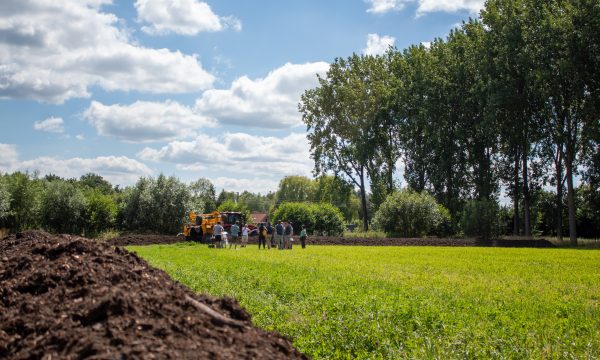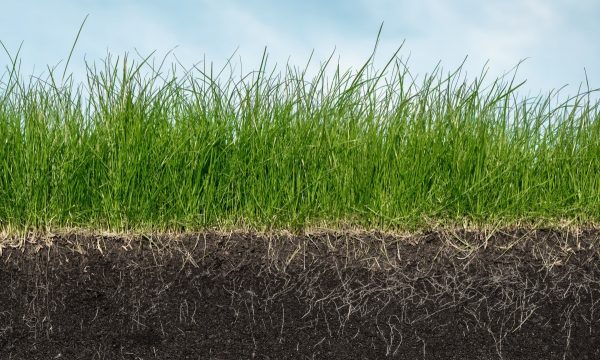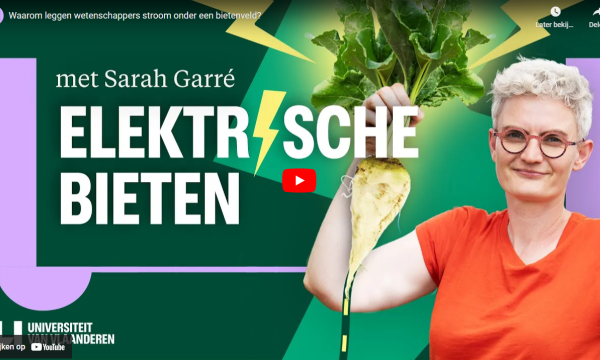General ILVO backs European ambitions for 75% healthy soils
Making 75% of European soils healthy or significantly healthier by 2030: that is the ambition of the European Commission's Soil Deal for Europe. To achieve this ambition, Europe is funding about 10 research projects each year over the next few years. The selected projects should ultimately contribute to more sustainable and soil-friendly management practices and support European and national or regional legislation that ensures healthy or healthier soils. ILVO is involved in six projects starting in 2023.
Various themes
The European Commission wrote five major missions to guide European research in the coming years. One of those missions is called "A Soil Deal for Europe," or simply called the Soil Mission. The goal: to restore and protect European soils, and thus promote sustainable soil management practices. The various objectives include increasing soil carbon reserves, preventing erosion, improving soil structure, boosting biodiversity and increasing soil knowledge among the general public. A total of 28 projects have already been selected so far. ILVO is involved in six projects starting in 2023; it coordinates two of these.
Carbon farming
We cannot avoid the subject of carbon agriculture lately. Europe is in the midst of figuring out how we can build fair systems to regularize the business models around carbon storage.
ILVO coordinates the MARVIC project, which should support these European regulations by developing well-grounded MRV (Monitoring, Reporting and Verification) systems as the basis for a fair compensation system for farmers. The monitoring component consists of a smart combination of data, sampling, modeling and remote sensing.
The CREDIBLE project in turn brings together a knowledge hub: a network of networks. Research initiatives, public administrations and existing carbon agriculture networks are brought together in eleven focus groups to exchange knowledge, build collaborations and develop strategies. ILVO is organizing a focus group on the importance and deployment of long-term field experiments to build knowledge around carbon agriculture and to refine models. In that context, the results of the Flemish multi-year BOPACT trial, soon to be published, will already be able to provide great insights. In that trial for more than a decade ILVO has been monitoring the effect of non-inversion tillage and compost application on soil quality, disease pressure and crop yield.
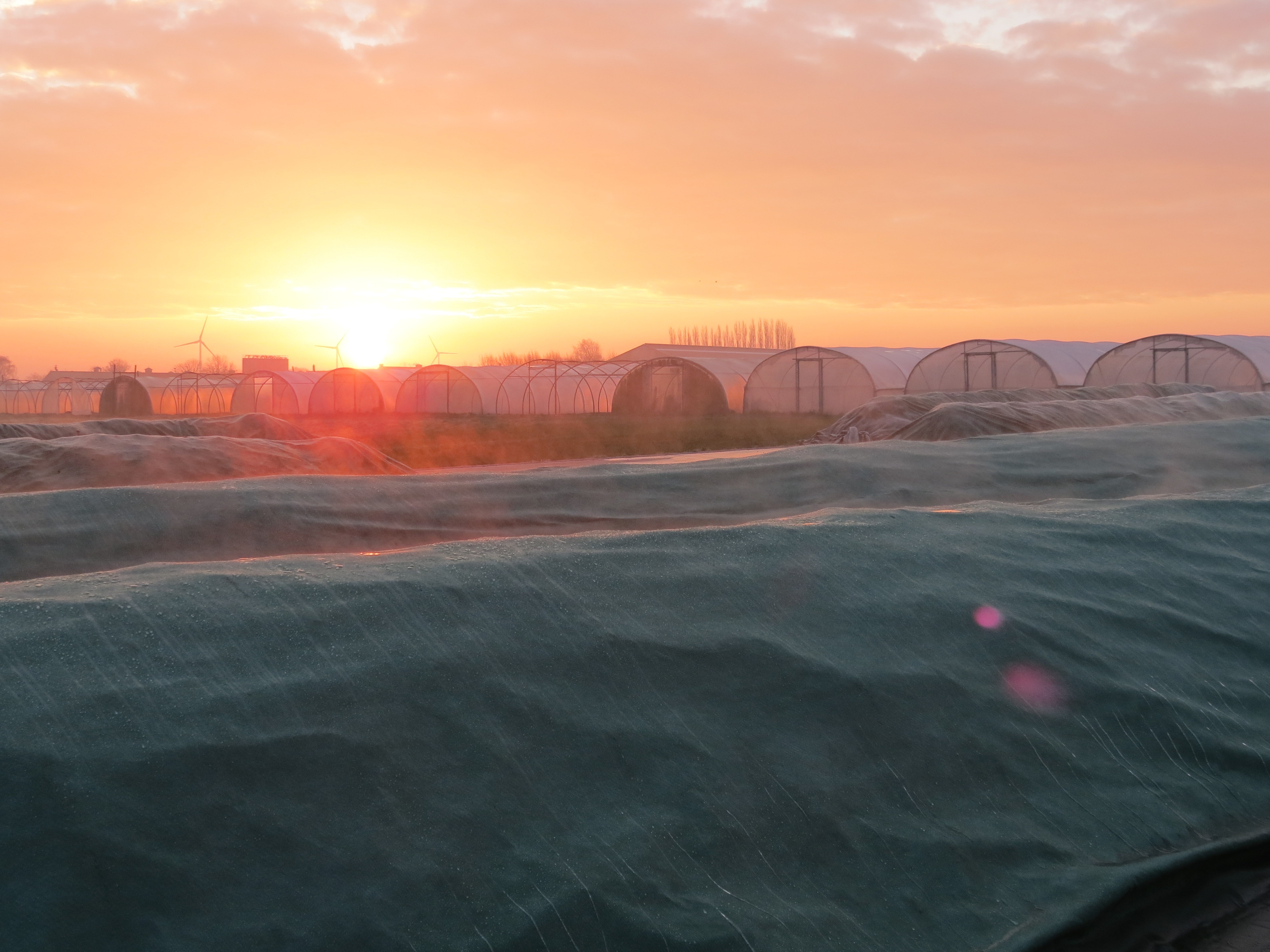
Soil Diversity
Soil life in all its diversity is the engine for healthy soil. But current scientific knowledge about the individual roles and mutual interactions of that soil life are limited. Which key organisms provide certain ecosystem functions and services? To what extent do human interventions such as deforestation, urbanization and especially climate change affect their survival and functioning? What strategy is needed to restore soil health and achieve sustainability of ecosystem services? These and other answers are sought in the BIOservicES project.
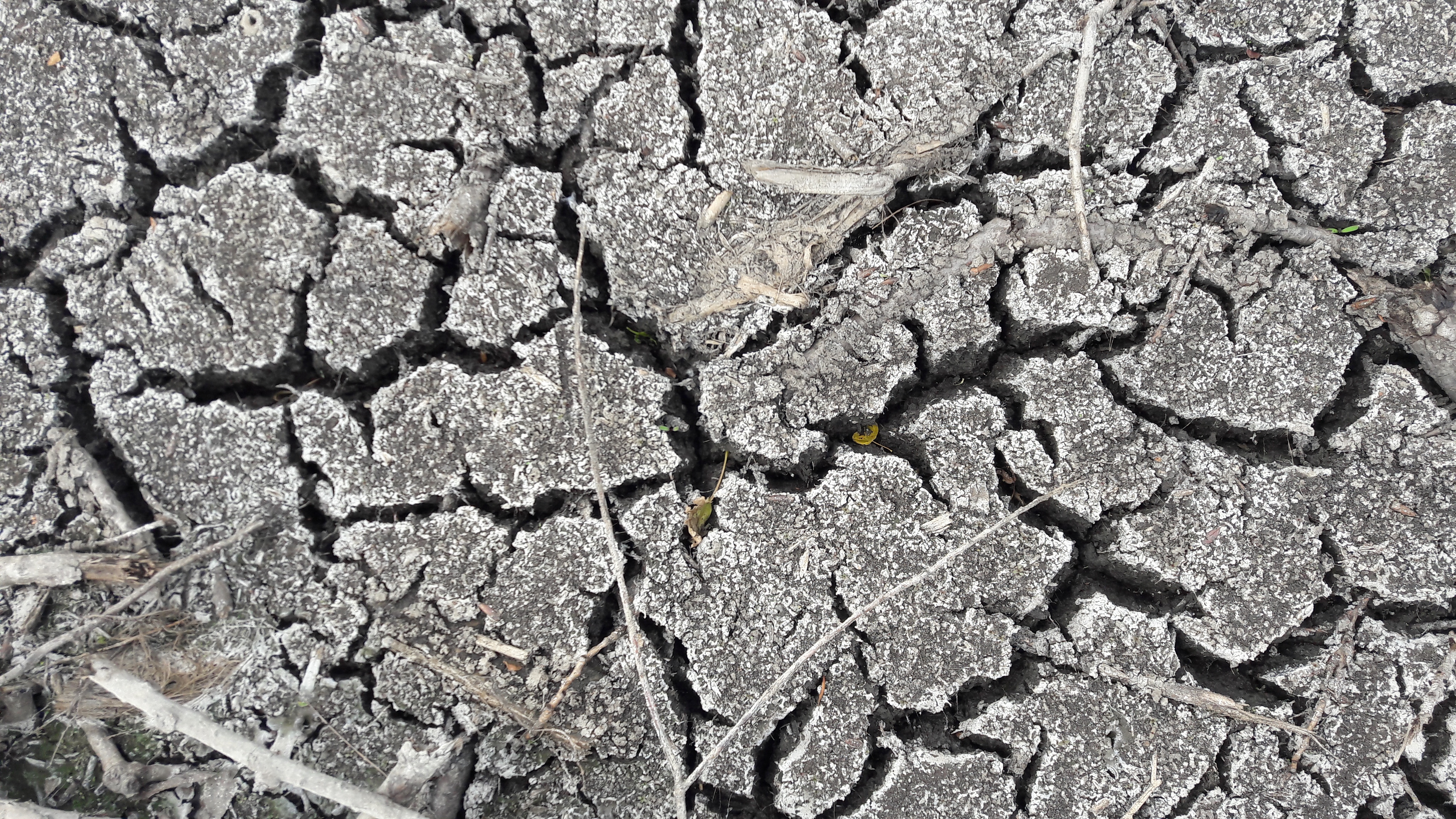
Business models with a positive impact on soil health
While carbon is a key indicator of healthy soil, it is certainly not the only one. But which soil health indicators are useful in practice? Can specific agricultural practices provide ecosystem services for soil health? And can those services then be converted to revenue models? These questions lie at the heart of the SoilValues project.
This project explores how business models that already exist in agriculture can change to also achieve better soil health on the farm. The project involves farmers, consultants and agricultural organizations and also takes into account technical, economic, social and ecological aspects.
ILVO provides technical knowledge about management practices and ecosystem services but also investigates so-called Testing Grounds: farms with concrete earning models in several countries (Belgium, Denmark, Germany, the Netherlands, Poland and Portugal) that are committed to incorporating soil health into their operations. At the Flemish Testing Ground called the Groot Grenspark Saeftinghe, a composting project is being launched and a good balance is being sought between the economic aspects and the contribution to ecosystem services, with soil health and soil fertility as key issues.
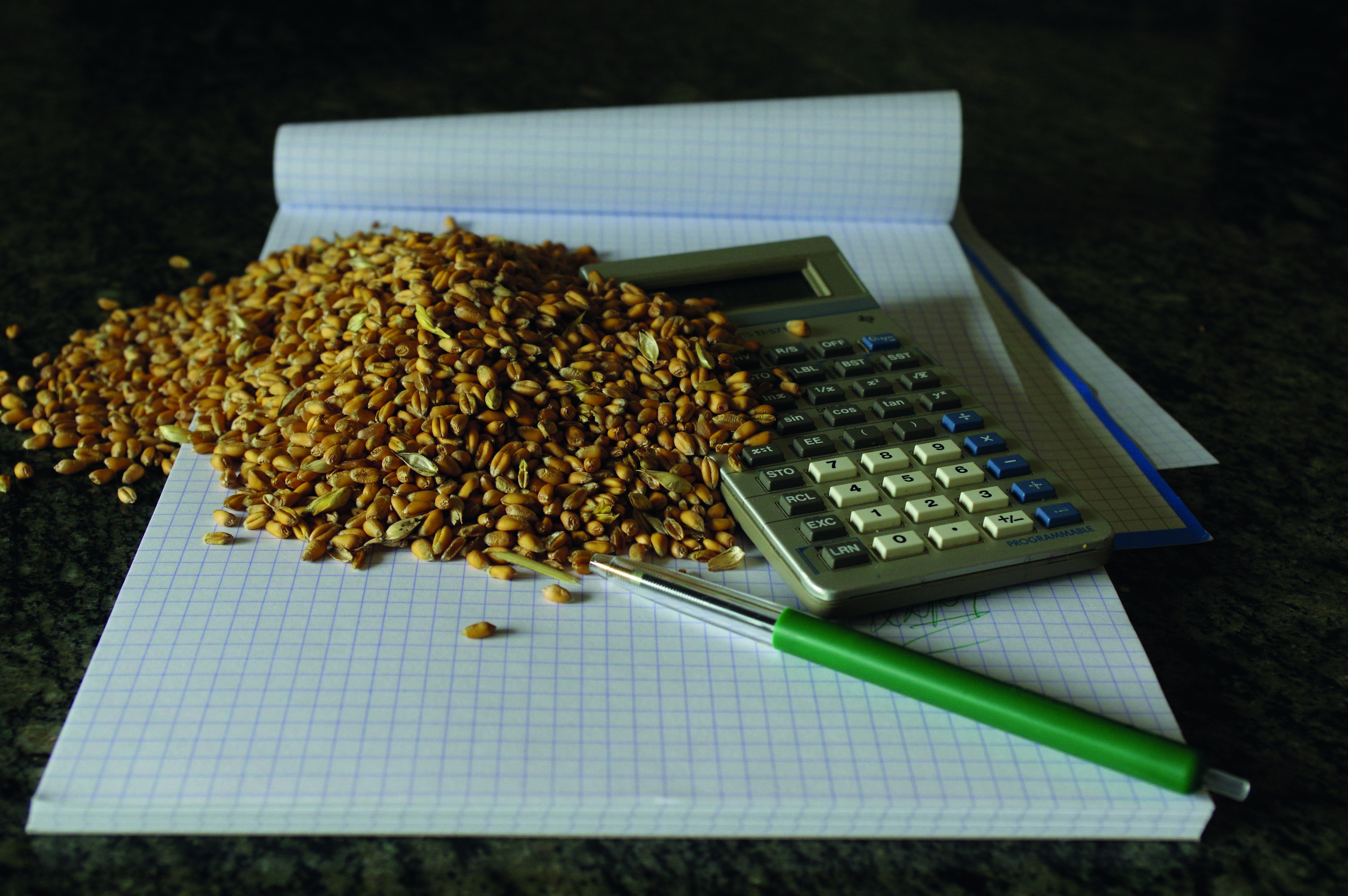
Bringing data together and making it accessible to every citizen
There is already a great deal of knowledge about soils, and a great deal more is now being added thanks to this series of new Soil Mission projects. Bringing together that knowledge, which is now often very fragmented, and filling in the gaps is the task of the SoilWise project, which is also coordinated by ILVO. The project works closely with the research center of the European Union (JRC) and will provide the knowledge database for the European Soil Observatory (EUSO). The goal is a next generation data catalog in which practical soil data and knowledge can be easily found according to the FAIR principles (findable, accessible, interchangeable and reusable). The final product will be a chatbox-style program in which users can find what they need.
Living Labs
As part of the Soil Mission, 100 Soil Health Living Labs and Lighthouses are being set up across Europe to become drivers of the search for concrete solutions, and of the translation of those solutions into practice. The SOILL partnership was created to coordinate, support, expand and promote these 100 Living Labs and Lighthouses and is led by the international association of certified Living Labs ENoLL.
The various projects under Mission Soil are funded under Horizon Europe, the European Union's Research and Innovation program. A full overview of all Mission Soil projects can be found on the EU Missions website.
